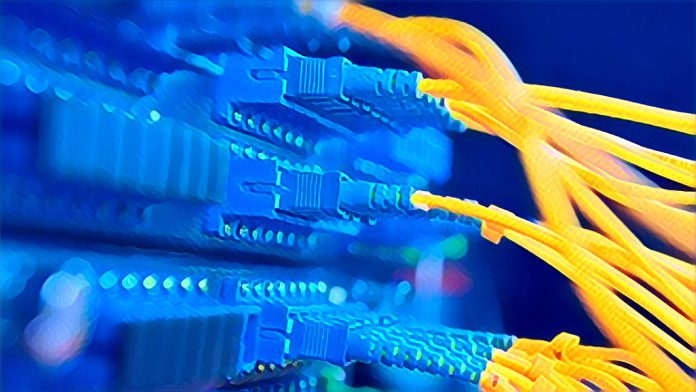Nigeria and several African countries are grappling with a significant internet outage that has disrupted trade and payments, with recovery not expected until late April. The outage, resulting from multiple fiber cuts to four key subsea cables, has plunged 90% of data traffic into chaos, affecting 13 African nations and dramatically slowing internet download speeds. This situation has caused substantial operational and financial losses for banks and telecom companies as failed transactions surge.
The damaged cables, including MainOne, West African Cable System (WACS), African Coast to Europe (ACE), and South Atlantic Telecommunications 3 (SAT3), are essential for internet connectivity in the region. Repair efforts are underway but are hampered by the complexity of the task, requiring at least five weeks for the cables to be retrieved, repaired, and reinstalled. This delay has left individuals and businesses struggling, with many unable to perform basic online functions or complete financial transactions. Payment platforms at retail outlets experienced significant delays, exacerbating the inconvenience for millions.
The outage has not only affected Nigeria but also impacted businesses and operations in 12 other countries, including Ghana, Liberia, Benin, and South Africa, highlighting the interconnected nature of modern economies and the reliance on stable internet infrastructure. The situation has forced some companies to switch to more expensive satellite services, such as Starlink, to maintain operations, thereby increasing operational costs.
In response to this crisis, affected operators are partially switching to alternative subsea cables, like Glo1, which remains unaffected. However, this is a temporary solution to a broader vulnerability in the region’s internet infrastructure. The financial sector, in particular, has been hard hit, with banks like Zenith Bank and FCMB issuing advisories on service disruptions and exploring alternative routing solutions to mitigate the impact on their customers.
The Guardian’s investigations revealed that seismic activities may have contributed to the cable damage, underscoring the need for enhanced protective measures and awareness around these critical infrastructures. MainOne has declared force majeure and is working closely with the Atlantic Cable Maintenance and Repair Agreement (ACMA) for repair services, but the process is lengthy and complex.
This crisis serves as a stark reminder of the vulnerabilities in subsea internet cables and the need for diversified internet infrastructure and local data hosting to mitigate the impact of such outages. The Nigerian Communications Commission (NCC) has acknowledged the disruption caused by the cable cuts and assured that efforts are underway to restore services as swiftly as possible. This incident underscores the urgent need for investments in additional routes, public-private partnerships, and local hosting solutions to ensure resilience against future outages and to safeguard the region’s digital economy.



